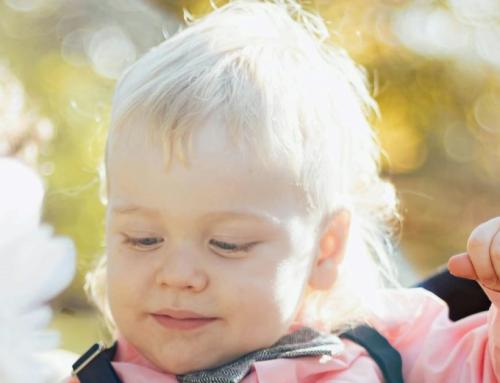Those of you who know the holy grail of movies, ‘Legally Blonde’ would recognise the above as a quote from my personal favourite superhero, Elle Woods. This question, although critically debated in the film, now stands before our very own High Court as a ‘test case’ on the issue of sperm donors and the definition of ‘parent’ under the pseudonym Masson & Parsons & Anor.
Before we dive into that let’s revisit the classic quote:
Warner Huntington: “Without this man’s sperm the child in question would not exist”.
Elle Woods: “Although Mr Huntington makes an excellent point, I have to wonder if the defendant kept prior record of every sperm emission he ever made in his life. Unless the defendant attempted to contact every single one night stand to determine if a child resulted in those unions, he has no parental claim over this child whatsoever. Why now? Why this sperm?”
“And for that matter all masturbatory emissions where his sperm was clearly not seeking an egg could be determined as reckless abandonment.”
This case follows Mr Masson who donated his sperm to Ms Parsons in an informal manner (meaning not through a donation clinic) to conceive the parties’ now daughter. Since the birth of their daughter and a further daughter (who was not conceived using Mr Masson’s sperm but through a donor clinic), Mr Masson has been known to the family as “dad” and has been involved with both children’s upbringing, including care arrangements, attending school functions, changing nappies and diligently providing dad jokes (presumably).
A Relocation
The issue arose when Ms Parsons and her wife decided to relocate their family to New Zealand. Mr Masson filed an application to resist the relocation and sought parenting orders for the children to remain in Newcastle. In the proceedings, the issue of Mr Masson and whether he is a parent of the children arose. On first instance, the Family Court found that Mr Masson was a parent to the eldest daughter, as he was “a parent in the ordinary meaning of the word”.
Under the Family Law Act, there is a presumption that a child’s parents have equal shared parental responsibility for that child. This allows parents to make long term decisions about their children, such as in religion, health, education and of course, relocation. This meant, that by finding Mr Masson was the first child’s legal parent, he had parental responsibility and could resist the child’s relocation to New Zealand with Ms Parsons.
Ms Parsons appealed this decision to the Full Court of the Family Court that consequently held as the Family Law Act fell silent on the issue of sperm donors and the definition of ‘parent’, the state law applied. In New South Wales, the legislation determines that all sperm donors not in a relationship with the biological mother are not deemed a ‘parent’. This means that for Mr Masson despite his daughter being biologically his, his name being on the birth certificate and his daughter having known him as ‘dad’ the entirety of her life, under the Family Law Act he did not currently hold the legal status of a ‘parent’.
Mr Masson appealed this decision and it is now before the High Court. This means, that although the issue has been extensively debated by Elle and Warner before Professor Callahan, it is now up to our High Court (and actual Judges!) to determine this issue.
The Attorney General steps in
The Federal Attorney General, Christian Porter, has intervened in this case. AG Porter is arguing that the definition of parent should include sperm donors who have an active role in their children’s life and were an intended parent of the child. It is noted it is the opinion of the Attorney General that this should not extend to include anonymous donors and donations provided through a sperm bank.
Mr Masson’s team is arguing that the determination of ‘parent’ is a question of fact and should be considered in the factual matrix of the case, including biological and social factors.
In the event the High Court finds in favour of Mr Masson and AG Porter, it is likely to create a shockwave of potential new parents overnight. This, whilst good for some, may be quite the opposite for others. It is likely to also impact future informal donations for those who want to be a parent and for those who do not.






